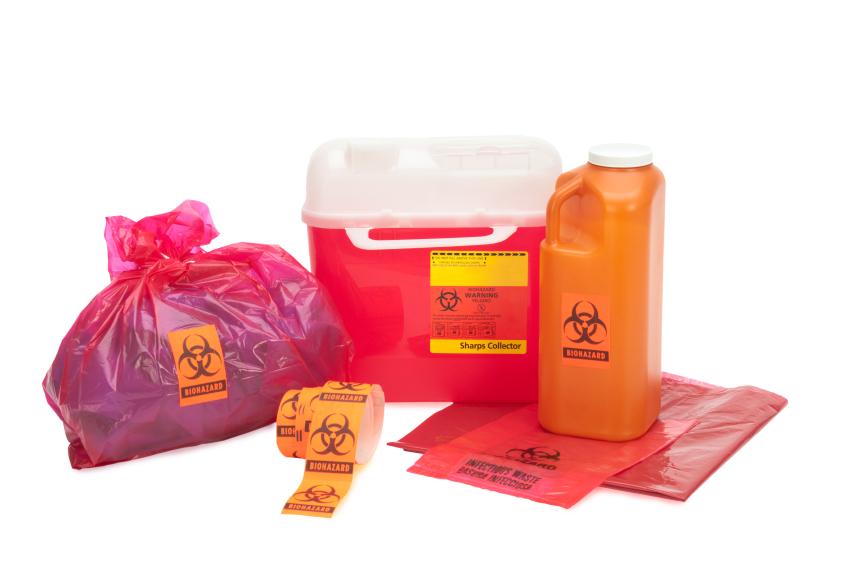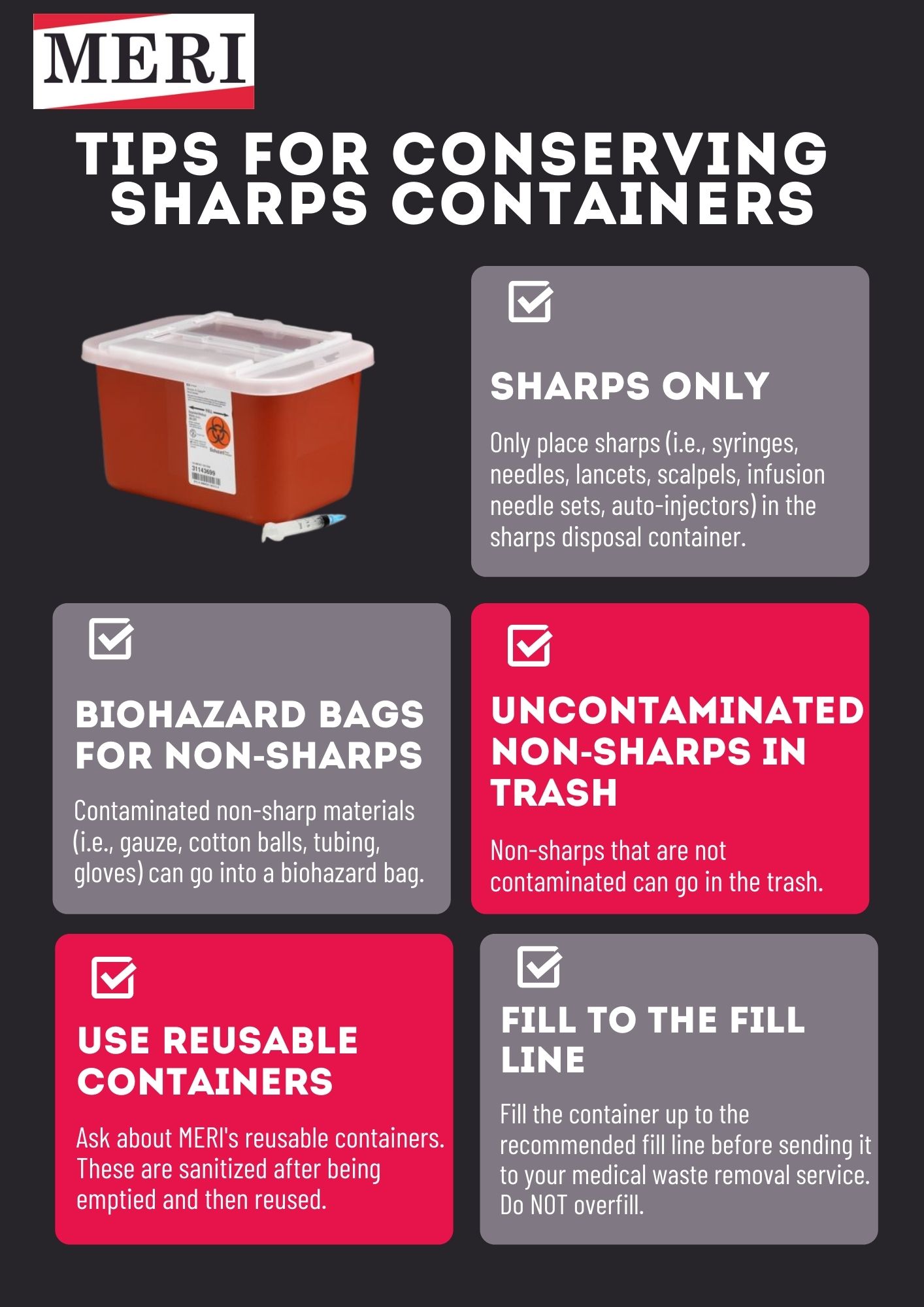Comprehending the Various Sorts Of Garbage Disposal Strategies
In the world of waste administration, the range of disposal strategies offered today is vast and varied, each technique serving a distinct purpose in attending to the obstacle of waste disposal. click here. From recycling approaches that intend to offer brand-new life to products, to the detailed procedures of hazardous waste management, the landscape of garbage disposal is complicated yet vital for environmental sustainability. Recognizing the subtleties of these different methods not just loses light on the value of responsible waste administration however also prompts us to reconsider our approach in the direction of garbage disposal in a rapidly developing world

Recycling Methods
Recycling techniques are important for sustainable waste management techniques in both industrial and household setups. medical waste disposal. By implementing efficient recycling strategies, a significant amount of waste can be diverted from land fills, conserving all-natural sources and minimizing the environmental impact of manufacturing processes
In residential areas, curbside recycling programs play a crucial duty in encouraging households to separate recyclable products from basic waste. Products such as paper, plastics, glass, and metals can be sorted and gathered for handling right into new items, reducing the requirement for basic materials and energy-intensive manufacturing procedures.
Industrial facilities also count on reusing techniques to reduce waste generation and promote a round economic situation. By implementing closed-loop systems, businesses can recycle materials within their manufacturing procedures, minimizing expenses and environmental footprint. medical waste removal service. In addition, industrial recycling programs often entail collaborations with specialized recycling centers to ensure that materials are effectively arranged, processed, and reintegrated into the supply chain
Composting Methods

Oxygenated static pile composting includes mixing natural waste products in a big pile and consistently transforming it to ensure appropriate oygenation. This method is reliable for massive composting operations. On the various other hand, vermicomposting utilizes earthworms to break down natural matter into nutrient-rich castings. This technique is appropriate for smaller-scale operations and homes.
In-vessel composting involves positioning organic waste in a shut container with controlled conditions for temperature level and oygenation. This technique is reliable for taking care of food waste in city areas. Windrow composting consists of forming long rows of natural waste and routinely turning them to promote decomposition. This method is generally made use of in agricultural setups.
Land Fill Disposal
Landfill disposal is a commonly used approach for managing waste that can not be recycled or composted. It includes burying waste in designated locations of land, with appropriate safety measures to stop ecological contamination. Land fills are engineered facilities developed to isolate waste from the surrounding setting. The waste is compressed and covered with soil day-to-day to minimize odors, hinder bugs, and reduce the spread of trash. Modern garbage dumps are equipped with safety linings and monitoring systems to protect against leak of hazardous materials right into the dirt and groundwater. Methane gas, a by-product of disintegrating natural waste in landfills, is usually gathered and made use of as a source of eco-friendly energy. In spite of developments in garbage dump modern technology, problems remain about the long-term environmental impacts, such as groundwater contamination and greenhouse gas emissions. Efforts to reduce reliance on landfills consist of advertising waste decrease, reusing, and checking out alternate garbage disposal techniques to lessen the ecological footprint related to standard garbage dump disposal methods.

Waste-to-Energy Incineration
Incineration of waste for power generation is a method significantly being taken into consideration as an alternative to standard landfill disposal techniques. Waste-to-energy incineration entails the burning of waste products at heats, commonly in specialized facilities made to create electricity or heat via the process - click here. This method not only reduces the quantity of waste that would otherwise be destined for landfills however likewise utilizes the heat created throughout incineration to produce power
One of the essential benefits of waste-to-energy incineration is its capability to produce electrical energy while lessening the environmental impact compared to standard landfill disposal methods. By converting waste right into power, this technique assists in reducing greenhouse gas discharges and reliance on fossil gas for power generation. Furthermore, waste-to-energy facilities are equipped with innovative air pollution control modern technologies to minimize potential toxic wastes released during the combustion procedure.
Hazardous Waste Management

Taking into consideration the important value of responsible waste administration practices, particularly in the realm of environmental sustainability, the focus currently shifts in the direction of the complex domain of Hazardous Waste Administration. Contaminated materials positions significant threats to both human wellness and the atmosphere, necessitating customized handling and disposal methods. Common instances of hazardous waste consist of chemicals, batteries, pesticides, and electronic waste.
Contaminated materials Administration involves the recognition, collection, transportation, treatment, and disposal of products regarded possibly harmful or harmful. This procedure requires adherence to rigorous policies and guidelines to minimize negative impacts on ecosystems and public wellness. Various approaches are employed in taking care of contaminated materials, including recycling, safe and secure garbage dumps, encapsulation, and chemical therapy.
Proper Contaminated Materials Management is critical for stopping contamination of dirt, water sources, and air contamination. It is essential for sectors, laboratories, health care centers, and other generators of dangerous waste to apply robust administration approaches, training programs, and emergency situation response prepares to make sure the safe handling and disposal of these materials. Failure to take care of contaminated materials appropriately can have significant repercussions, emphasizing the importance of thorough and liable methods in this area.
Verdict
Finally, waste disposal techniques play an important function in handling and decreasing the impact of waste on the setting. From reusing and composting to garbage dump disposal and waste-to-energy incineration, each approach has its very own benefits and restrictions. Appropriate monitoring of unsafe waste is also crucial to secure public health and the atmosphere. It is important for industries and people to understand the different garbage disposal techniques offered and choose the most ideal approach for lasting waste monitoring.
In the world of waste administration, the range of disposal strategies available today is huge and varied, each approach serving a distinctive check over here function in attending to the challenge of waste disposal. click here. From recycling techniques that aim to provide brand-new life to products, to the elaborate processes of harmful waste management, the landscape of waste disposal is complicated yet critical for ecological sustainability. Understanding the subtleties of these various strategies not just drops light on the significance of liable waste monitoring however also triggers us to reassess our technique towards waste disposal in a rapidly developing world
Efforts to decrease dependence on land fills include advertising waste decrease, reusing, and checking out alternate waste disposal approaches to lessen the environmental footprint associated with conventional landfill disposal practices.
It is vital for sectors and individuals to comprehend the different waste disposal techniques readily available and pick the most suitable technique for lasting waste administration.